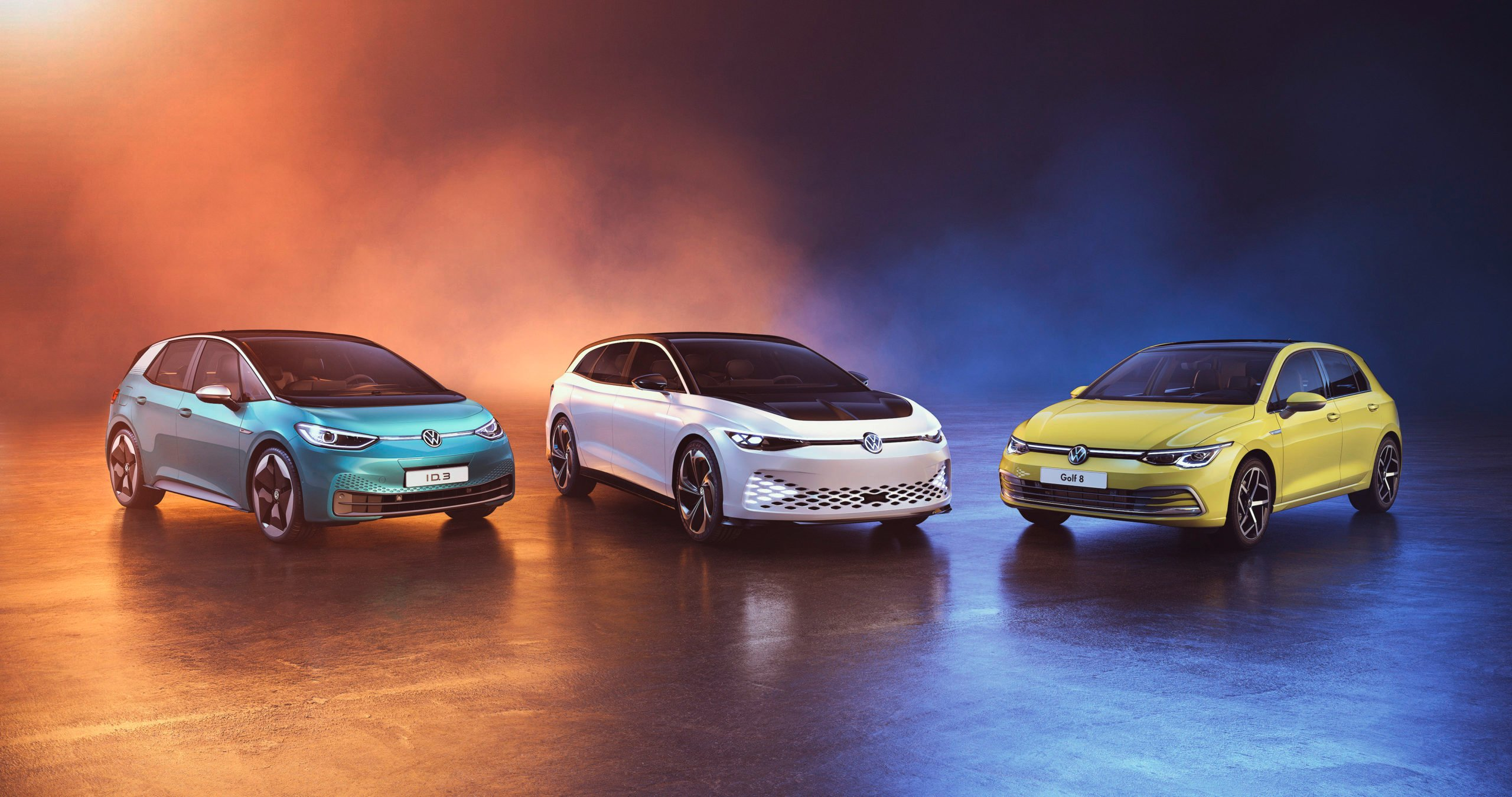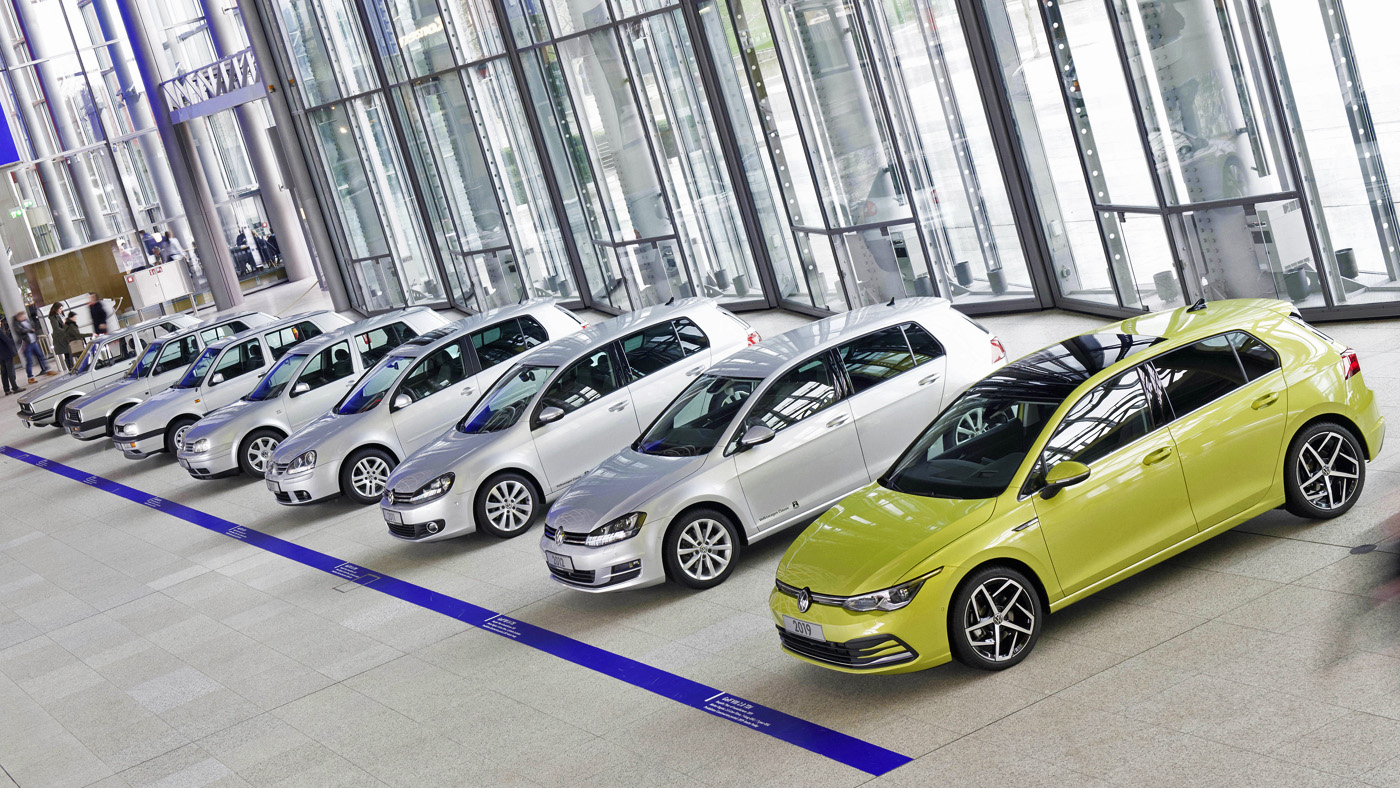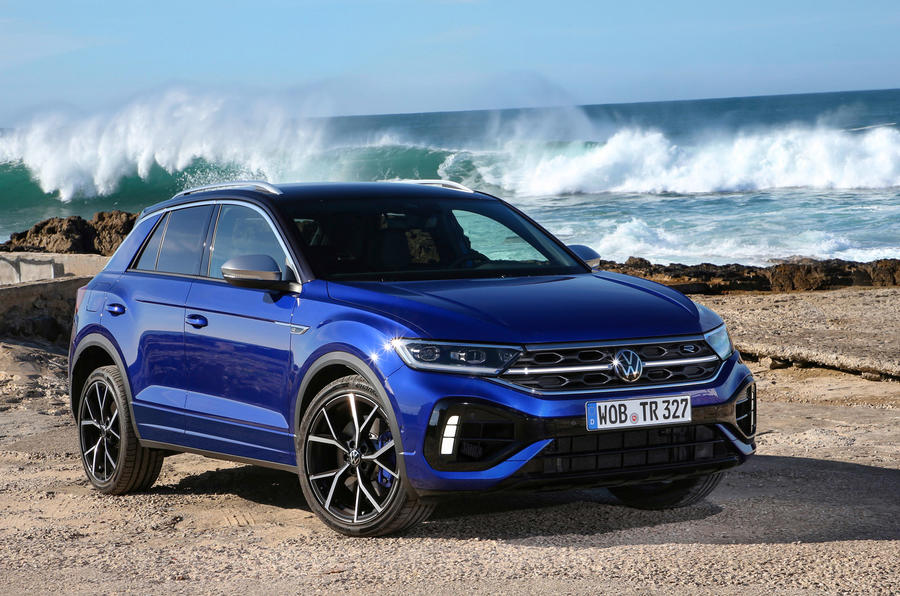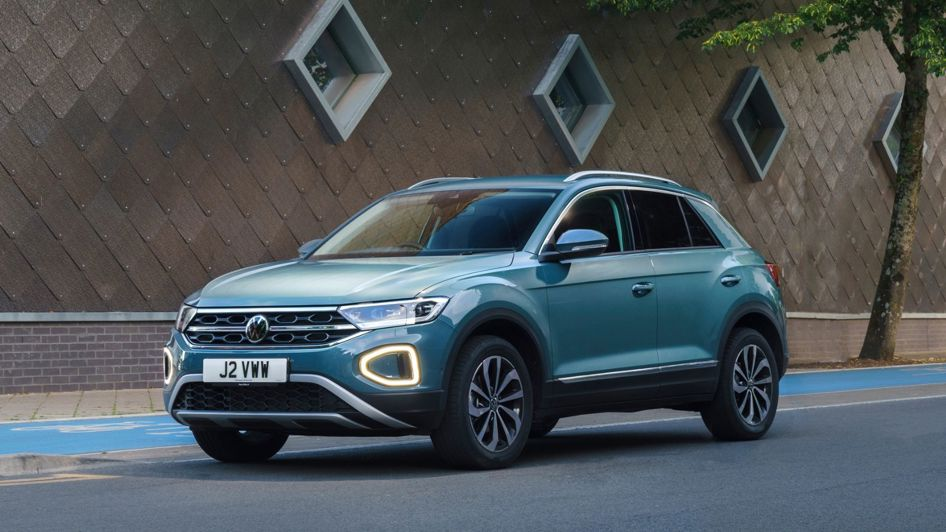Because of lack of funds to upgrade the factory, Volkswagen postponed the release of ID.Golf and ID.Roc
 JamesSep 17, 2025, 04:51 PM
JamesSep 17, 2025, 04:51 PM

[PCauto] Volkswagen's electrification transformation strategy is facing major challenges. The originally planned key EV models, ID. Roc and ID. Golf, set to launch in the autumn of 2029, have now been confirmed delayed.
ID. Roc, as the first model of Volkswagen's new generation SSP (Scalable Systems Platform), is expected to be delayed to the summer of 2030, and the release date for ID. Golf has also been adjusted to approximately 2030.
Lack of funds is one of the main reasons for the delay
Volkswagen saved 1.5 billion euros last year through cost-cutting measures, but is still facing enormous financial pressure.
Internal sources revealed that actual sales of electric vehicles failed to meet expectations, leading to overinvestment in plans originally designed for larger production scales.
Volkswagen is preparing for a supervisory board meeting to evaluate the capacity utilization of its global factories and to develop a financial plan for the next five years.
The original plan to relocate the fuel version Golf production line from Wolfsburg, Germany to the Puebla factory in Mexico to make space for SSP platform EVs may also be postponed.

Volkswagen has outlined significant investment plans for its electrification strategy, including over 15 billion euros by 2026 for developing new electric vehicles and expanding battery production. Its battery subsidiary, PowerCo, further plans to invest over 20 billion euros in the battery business by 2030.
However, the funds may be prioritized to address technical issues at the Wolfsburg factory rather than cutting-edge research and development. Frequent production line stoppages at the factory have reduced weekly output by thousands of vehicles, highlighting operational efficiency problems.
Slow Growth in European EV Sales
However, according to the European Automobile Manufacturers Association (ACEA), new energy vehicle (NEV) sales in Europe actually grew by 23.7% year-on-year in the first half of 2025, with battery electric vehicle (BEV) sales increasing by 24.9%.
The inventory turnover period for Volkswagen's ID series has been extended to 60 days, exceeding the industry average of 45 days. This weakened demand has forced Volkswagen to reevaluate its product strategy.

Company CEO Oliver Blume stated at the recent IAA motor show that Volkswagen places more emphasis on product quality than launch speed, but this does not deny the delay rumors.
Competition in the European electric vehicle market is also becoming increasingly fierce, further adding to Volkswagen's challenges. Hyundai's IONIQ 6 has exceeded sales expectations, and Chinese automakers like BYD are accelerating their expansion into Europe, leveraging gaps in the low-cost EV market.
Volkswagen plans to introduce entry-level electric vehicles, leveraging partnerships and platform developments (including the MEB platform and collaborations like the China Electronic Architecture (CEA) with XPeng), with targets for starting prices around 25,000 euros for models like the ID.2. However, these models have not yet launched, and achieving significant cost reductions remains a challenge.
Volkswagen Faces Challenges Outside of Europe as Well
To adapt to the Chinese market, Volkswagen is collaborating with XPeng to develop the China Electronic Architecture (CEA). On a global scale, Volkswagen has also entered a major partnership with Rivian, investing $5.2 billion in a joint venture to co-develop electrical architecture and software for the next generation of Software-Defined Vehicles (SDVs).
This differentiation strategy, while aiding localization, also increases the difficulty and cost of technological integration.
The policy of banning the sale of fuel vehicles in the EU by 2035 has yet to be finalized, and Volkswagen may continue selling the eighth-generation Golf until the ban takes effect.
However, sales of the Golf model are declining, with annual production dropping sharply from 1 million units in 2015 to 300,000 units in 2024, partly due to internal competition with the similarly positioned T-Roc model.

The delay in Volkswagen's electric vehicle plans is not merely a simple adjustment in product launches but a microcosm of the challenges faced by the entire European automotive industry's transition to electrification. From factory transformations to in-house software development, from cost control to global market coordination, traditional carmakers like Volkswagen face systemic challenges.
If any infringement occurs, please contact us for deletion
Trending News

Perodua Myvi and Bezza may undergo major upgrades in 2026
After the update, the Bezza will no longer be just a low-cost alternative but a core model in the Perodua system with greater market competitiveness and brand premium potential. The upgrade of the Myvi is not to be unconventional but to strengthen the brand and market, ensuring that the Myvi continues to maintain its irreplaceable position in the new round of product competition.

Perodua Traz VS Ativa, which one is more worth buying?
Traz, as a newly launched mid-sized SUV, offers more spacious room and mainstream power compared to small SUVs, but its pricing appears slightly higher than that of Ativa. Ativa, on the other hand, is Perodua's long-time best-selling small SUV with more affordable pricing and a balanced combination of power and tech features.

Will the Toyota Yaris Cross come to Malaysia? If it comes, how much will it sell for?
The launch of Perodua Traz indicates that the market size of small SUVs in Malaysia has been expanding in recent years. However, the question naturally shifts back to Toyota. As a brand with the most comprehensive product line and a strong foundation in both the SUV and hybrid sectors, will Toyota choose the Yaris Cross to participate in this small SUV competition?

Perodua Traz VS Toyota Yaris Cross, where does the Traz fall short?
Before the official launch of the Perodua Traz, market expectations were actually very high because it shares the same DNGA platform as the Toyota Yaris Cross. However, sharing the same platform does not equate to the same experience, and the Traz's final performance has indeed been disappointing. Perhaps it is precisely because of the delayed launch that it has almost no competitiveness in the current competitive environment.

Perodua Traz 2025:Spec, Price and Features
Perodua Traz has been officially launched in Malaysia. It is a B-segment five-seater SUV built on the DNGA platform. Compared to the Yaris Cross, which emphasizes brand and quality, the Traz comes with a localized rate of about 95%, offering a more friendly price and practical features.
Popular Cars
Model Year
Car Compare
Car Photo

